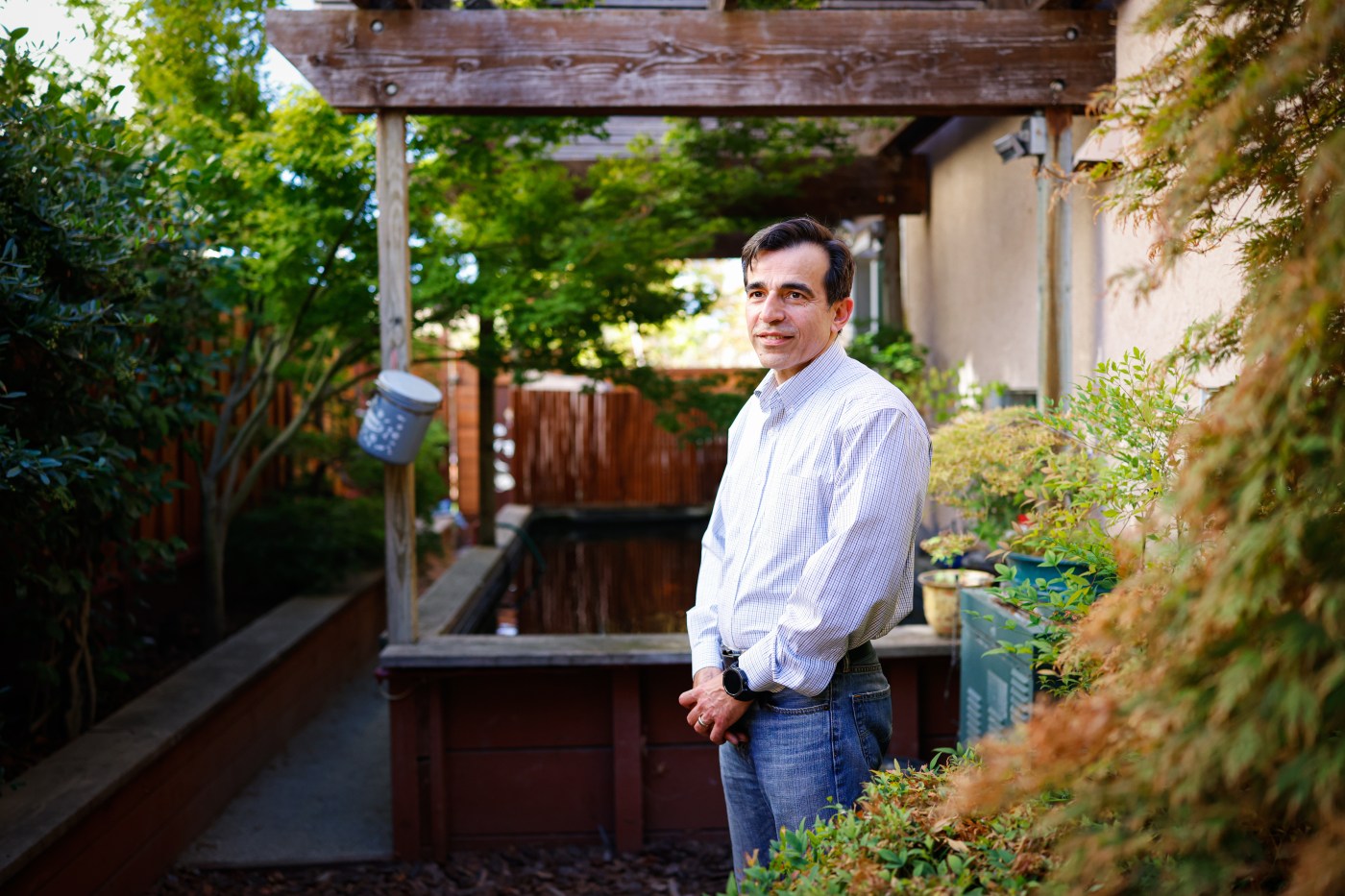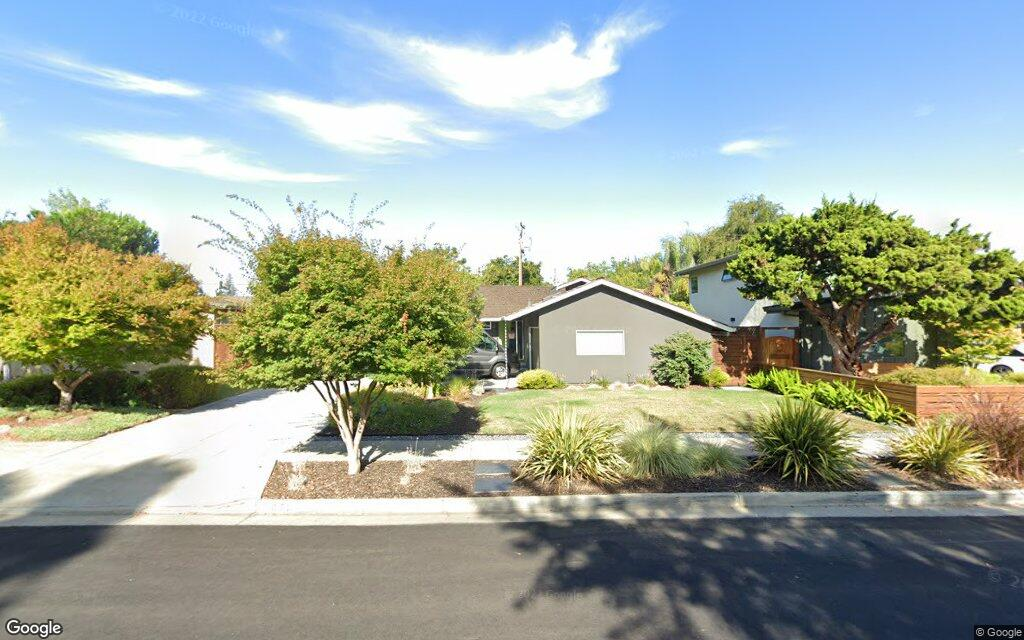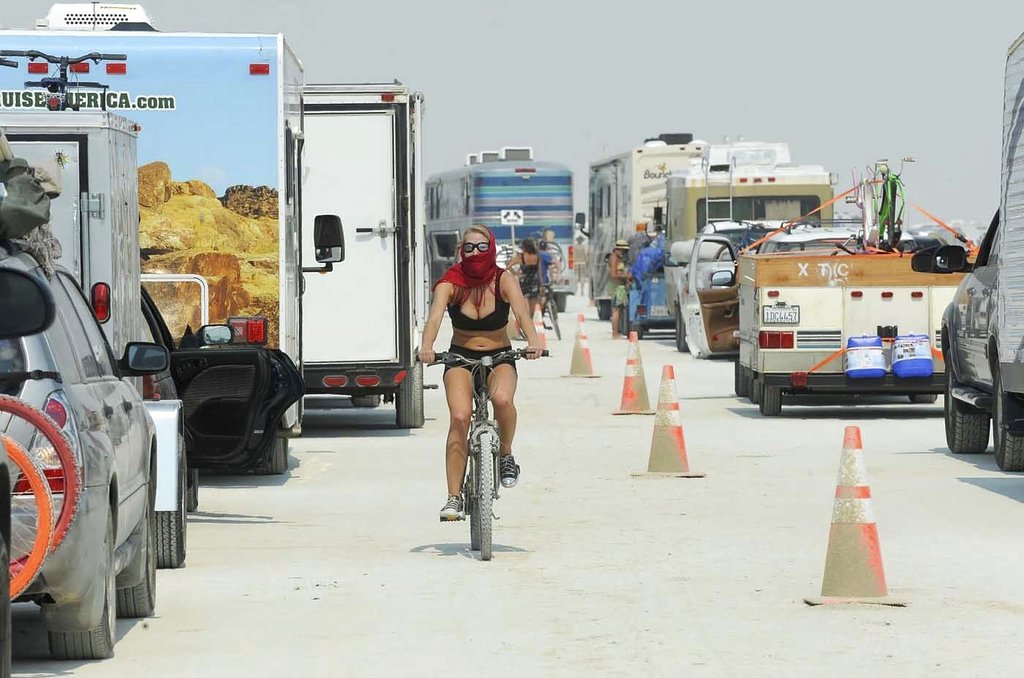With the AI frenzy breathing new life into the Bay Area tech economy, and pandemic disruptions mostly over, Silicon Valley’s famous startup grind is back — and if it doesn’t typically involve China’s infamous “996” model of all-consuming toil 9 a.m. to 9 p.m. six days a week, it can get pretty close.
“There’s just this general feeling that, ‘Unless we work as many hours as we possibly can, someone else is going to beat us,’” said Adrian Kinnersley, CEO of TwentyAI, a recruitment and staffing firm with many clients in the Bay Area. “It’s really a move back to what was before COVID for people who are young and ambitious and want to build a company that will change the world.”
Silicon Valley startup guru Steve Blank, an adjunct professor of management science and engineering at Stanford University, believes Silicon Valley tech’s work ethic mostly collapsed during the pandemic, as lockdowns drove people into remote work, and work-from-home became prevalent.
“No one knew what the hours were,” Blank said. “You were feeding your dog, you were playing pickleball.”
Now, Bay Area startups have swung back to the classic work patterns birthed in the ’80s, when budding enterprises were filled with “young single guys who didn’t know what families were, or old divorced guys who didn’t have them anymore,” Blank said.
The return to what Blank describes as a “Darwinian struggle” to survive by beating rivals to funding and markets comes as startup founders and workers face multiple pressures to put in long hours with few days off, experts and industry insiders say.
Related Articles
Trump administration halts visas for truck drivers after fatal Florida crash
Defense contractor Northrop Grumman trims South Bay jobs, will shut San Jose complex
Major alcohol distributor to leave California in September
Cisco Systems, Oracle trim 300-plus Bay Area jobs in new layoffs
Oklahoma to test teachers from California to guard against ‘radical leftist ideology’
So far this year, 40% of U.S. venture capital dollars — Silicon Valley’s startup fuel — have gone to just 10 companies, eight of them AI-focused, with giants OpenAI, xAI and Anthropic the top three recipients, market-intelligence firm PitchBook reported this month.
“Raising money for smaller startups is not very easy these days,” said Anis Uzzaman, CEO of San Jose VC firm Pegasus Tech Ventures.
Meanwhile, the tech industry lost more than 11,000 jobs in the Bay Area in the first half of this year, then another 2,500 in July, according to research firm Beacon Economics.
The funding crunch for early startups makes layoffs “pretty common,” shifting more work — and pressure — onto those who remain, Uzzaman said.
When people land startup jobs, “they tend to work longer hours,” Uzzaman said. “They try to impress their managers and superiors, so they do not lose the job.”
Often, boards of directors, which often include investors, push founders to ship products quickly, Uzzaman said, and “that puts pressure on the engineers and the employees.”
Hubert Thieblot, a general partner at San Francisco VC firm Founders, Inc., asserted in a LinkedIn post earlier this month that work-life balance does not exist in startups. “If a new hire asks you about it, don’t hire them,” advised Thieblot, who did not respond to requests for an interview, “60+ hours a week or bust.”
California law exempts certain job types like management and some administrative positions from receiving overtime pay beyond 40 hours a week, and employees under some circumstances can vote to be exempt. But, said Kinnersley of TwentyAI, in fast-paced startups, those distinctions are sometimes ignored.
The smaller and more “family like” the enterprise, the more the pressure will be shared and internalized, because “you’re all in it together,” said Jan English-Lueck, an anthropology professor at San Jose State University who has studied Silicon Valley for 30 years.
Also, English-Lueck said, because startups are building something new, “it’s all crunch all the time because there’s such a high learning curve.”
Startup employees may revel in the demands of creating new enterprises, or simply accept that sacrifices must be made in pursuit of professional and financial rewards.
“For my line of work I expect to be always on and always available — the bulk of my work will be five days a week, but I expect to be contacted on weekends,” said Sanjiv Kapoor of San Jose, who has a Ph.D. in materials science and engineering from Stanford University and has worked in Silicon Valley startups for years. “I don’t have a problem with that. If somebody doesn’t want to deal with that, they shouldn’t be working in startups.”
Founders, and employees with equity in the enterprise, often rack up 60 to 80 hours a week in this region, Uzzaman said. “Typical startup work hours are 50 to 60 hours per week, but the Bay Area does it a little bit more,” Uzzaman said.
At LatchBio, a San Francisco biotech data-analysis startup, co-founder and chief technology officer Kenny Workman puts in 70 to 90 hours a week. Early on, LatchBio’s small founding team sometimes blew past the controversial “996” standard, pioneered in China despite being illegal there, said Workman, 25.
“We certainly were like 996, 997 the first one or two years,” Workman said.
Employees at LatchBio are well paid, with engineers making up to $300,000, Workman said, and job postings note five-day weeks with some “week-long sprints.” Some employees put in extra hours, he said, because they “love what they do and they love what they’re doing.”
LatchBio relies on employees to get their work done, on their own schedules, Workman said. Sometimes that means weeks of 30 to 40 hours, or if a deadline is imminent, those hours could double, he said.
Not every startup follows the advice of Thieblot, the VC. Job postings from San Francisco marketing-analysis startup Paramark say, “We don’t think early stage startup life requires 18-hour days, or even 12-hour days.”
Paramark co-founder Pete Belknap said if a worker with kids hardly sees them, or a single employee lacks time to date, “that’s a failure mode for the company.”
Paramark employees aren’t quizzed on hours worked, said company co-founder Pranav Piyush. “Everybody on the team wants to take an ambitious, hard, hairy goal,” Piyush said. “That’s why you’re doing a startup.”
Some Bay Area startups approach the 72-hour 996, and play fast and loose with labor laws, said Kinnersley, who is also CEO of human-resources consultancy In2America.
“There’s an acknowledgement with a wry smile that it might not be 996 all the time, but it’s 60 to 70 hours a week,” Kinnersley said. “If they’re just plowing through without any breaks from nine in the morning to nine in the evening, that’s not a healthy or legal way to be working. Sooner or later, they’re going to have litigation problems.”
Startup experts also warn of burnout. However, Workman from LatchBio believes if he were going to burn out, it would’ve happened already.
“I will do this the rest of my life, if not ramp up,” said Workman, who hits the gym at least six days a week to revitalize. “Any phenomenal thing that human beings have accomplished has come by no short amount of sweat and grit and working hard.”





